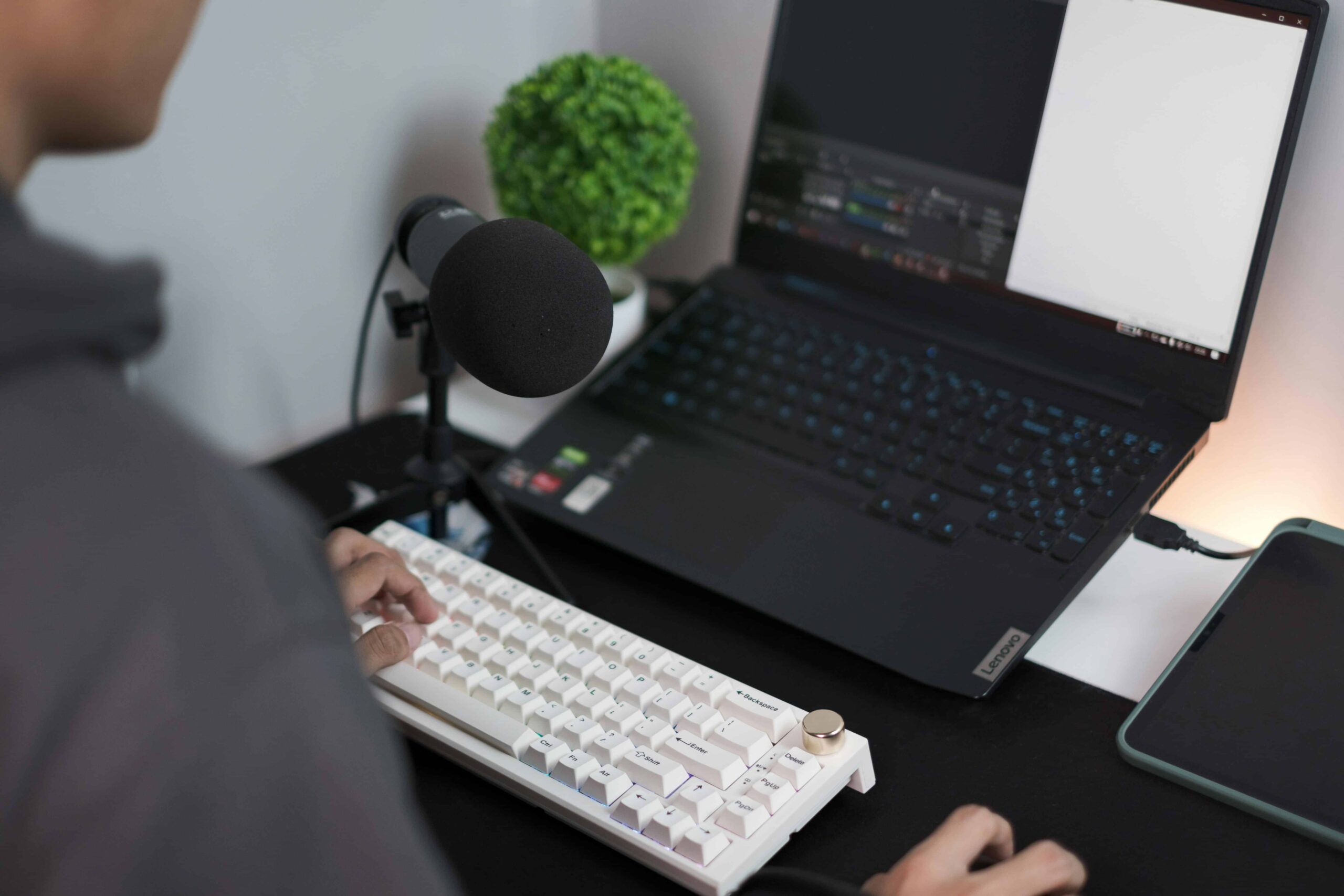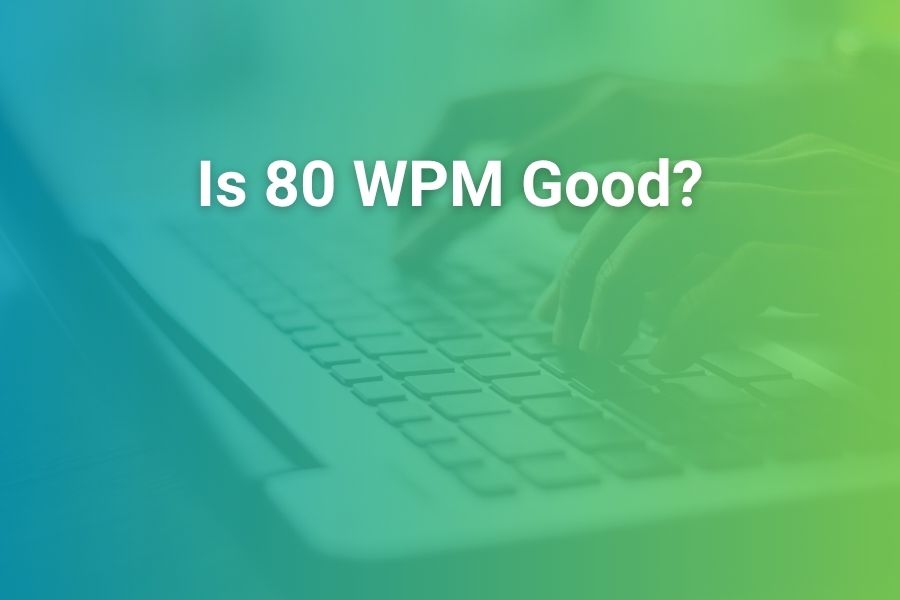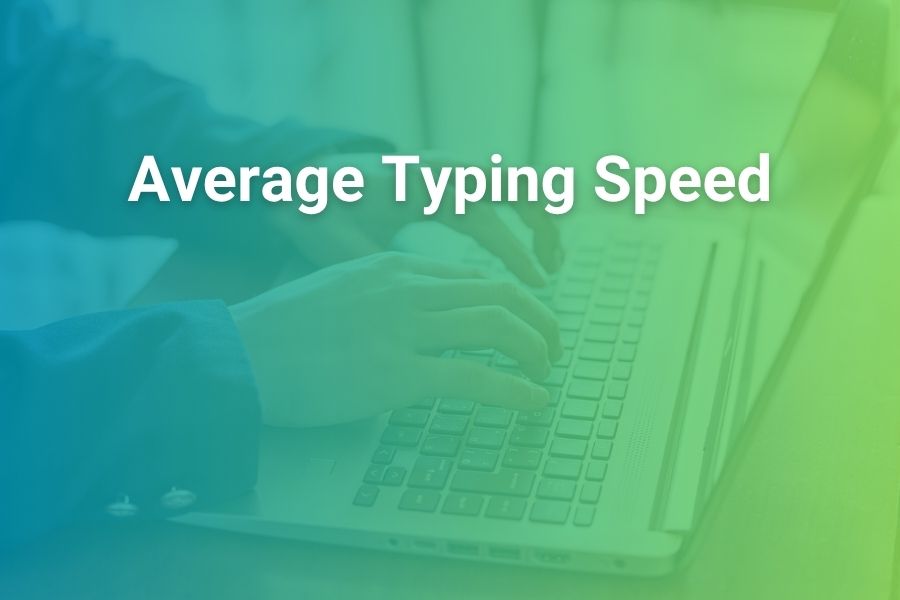
Typing speed is a crucial skill in many professions, and some individuals have pushed the limits by achieving extraordinary speeds. But what is the world record for typing speed? In this article, we’ll explore the fastest typing speeds ever recorded, the individuals who set these records, and the dedication required to reach such remarkable speeds. From record-holders like Barbara Blackburn, who typed an incredible 212 WPM using a stenotype machine, to those achieving over 200 WPM on a standard keyboard, we’ll take a closer look at these typing feats.
Whether you’re a casual typist or someone working to improve your typing speed, understanding these world records can provide both inspiration and a goal to strive for. Knowing the fastest typists and how they achieved their remarkable speeds can serve as a benchmark for enhancing your own typing skills, motivating you to improve and reach new heights in your typing efficiency.
What is the world record for typing speed?
The world record for typing speed is held by Barbara Blackburn, who achieved a typing speed of 212 WPM using a stenotype machine. In terms of traditional keyboards, the record is held by Michael Shestov, who typed 216 WPM in 2005. These impressive records highlight just how fast some individuals can type, but for most people, speeds of 60-80 WPM are considered more than sufficient for everyday use.
How Fast Can the World’s Fastest Typists Type?
The world record for typing speed is an impressive milestone in the world of typing. While most people average 40-60 words per minute (WPM), the fastest typists can reach speeds well beyond 200 WPM. Michael Shestov currently holds the record for the highest typing speed on a standard keyboard, typing at an astonishing 216 WPM. On the other hand, Barbara Blackburn set the stenotype typing record at 212 WPM, which is still one of the fastest speeds recorded on a specialized machine. These exceptional speeds highlight the immense dedication and training required to achieve such feats.
Achieving world-record typing speeds is not just about typing fast but also about precision and control. Top typists have honed their techniques to ensure that they maintain high accuracy while reaching remarkable speeds. Achieving such extraordinary results involves extensive practice, developing muscle memory, and often utilizing specialized tools, such as ergonomic keyboards or stenotype machines. By understanding the commitment and technique behind these record-breaking performances, typists can gain motivation and insight into pushing their own typing limits and improving their skills. Whether aiming for personal goals or professional efficiency, improving typing speed is a valuable skill.
Why Are Typing Speed Records Set on Different Platforms?
Typing speed records can vary depending on the platform used, as different devices and keyboards are designed to enhance typing performance. On a standard QWERTY keyboard, the world record stands at 216 WPM, set by Michael Shestov in 2005. This record is an incredible achievement, but other specialized keyboards, like stenotype machines, allow for even faster speeds. Barbara Blackburn holds the record on a stenotype machine with 212 WPM, demonstrating the potential for these devices to push typing limits even further.
Stenotype machines are commonly used by court reporters and stenographers, who rely on them for typing at incredible speeds using a shorthand system. These machines allow for multiple keys to be pressed simultaneously, significantly increasing typing speed compared to traditional keyboards. Unlike regular keyboards, stenotype machines are designed for rapid input of complex shorthand characters, which gives users the ability to type faster without losing accuracy.
The typing records set on these different platforms highlight how technology plays a significant role in enhancing typing speed. It also shows that the device you use can make a significant difference in your typing performance, offering insight into how technology affects typing efficiency.
How Do Typists Achieve World Record Speeds?
World record typists achieve their incredible speeds through years of dedicated practice and refining their technique. Here are some key factors that contribute to breaking typing speed records:
- Consistent Practice: World record typists practice for hours daily, developing muscle memory and refining their technique to maximize speed.
- Proper Ergonomics: Ergonomic setups help minimize strain and improve comfort, allowing typists to type for more extended periods without fatigue.
- Focus and Precision: Maintaining a high level of accuracy while typing quickly is essential. World record typists aim for minimal mistakes, as corrections can slow them down.
- Specialized Equipment: Using specialized keyboards or stenotype machines allows for faster typing compared to standard keyboards.
By consistently practicing and following these principles, typists can achieve remarkable speeds, pushing the boundaries of what’s possible.
What Are the Practical Benefits of High Typing Speed?
Achieving high typing speeds comes with several benefits, both professionally and personally. Here are some advantages of typing quickly:
- Increased Productivity: Faster typing speeds allow individuals to complete tasks more efficiently, reducing the time spent on typing-intensive work.
- Reduced Stress: Typing faster can help you keep up with your workload without feeling rushed or overwhelmed, reducing work-related stress.
- Career Advancement: In fields like transcription, data entry, and customer service, fast typing speeds are highly valued. Those who type faster are more likely to excel in these roles and advance in their careers.
High typing speeds can also lead to personal satisfaction and improved work-life balance, as quicker typing allows you to accomplish more in less time.
What Is the Average Typing Speed and How Does It Compare to the World Record?
The average typing speed for most people falls between 40 and 60 words per minute (WPM), which is sufficient for everyday tasks like office work and writing. However, world record typing speeds, which surpass 200 WPM, demonstrate the remarkable potential of fast typists. In a professional setting, a typing speed of 60-80 WPM is considered suitable for general office work. For roles that demand more intensive typing, such as transcription or data entry, a speed of 80-100 WPM is often necessary to keep up with the workload.
While reaching world-record speeds may seem out of reach for many, understanding the difference between average and record speeds can inspire individuals to improve their typing skills. By practicing regularly and focusing on accuracy, typists can gradually increase their speed and become more efficient. The key to boosting typing efficiency is consistent effort, which leads to improved productivity and faster completion of tasks.
Conclusion
The world record for typing speed depends on the platform, with Michael Shestov holding the record at 216 WPM on a standard keyboard and Barbara Blackburn achieving 212 WPM on a stenotype machine. These incredible speeds demonstrate the potential for fast typing, but for most people, a speed of 60-80 WPM is more than enough for daily tasks. Whether you’re working in an office, data entry, or transcription, this speed is sufficient for most roles. By practicing regularly, focusing on accuracy, and using proper ergonomics, anyone can improve their typing speed. While achieving world record speeds may not be necessary for everyone, increasing your WPM can significantly boost productivity and efficiency in various tasks.
FAQ’s
What is the highest typing speed ever recorded?
The highest typing speed recorded on a standard keyboard is 216 WPM by Michael Shestov, while the fastest stenotype speed is 212 WPM by Barbara Blackburn.
Is 100 WPM a good typing speed?
Yes, 100 WPM is considered an excellent typing speed, particularly in professions like data entry, transcription, and customer service.
How can I improve my typing speed?
To improve your typing speed, practice regularly, focus on accuracy, use typing software, and maintain an ergonomic setup.
Does typing speed affect job performance?
Yes, high typing speeds can increase productivity and efficiency, especially in jobs that require typing-intensive tasks like data entry or transcription.
Can I reach world record typing speeds?
While achieving world record speeds is rare, with consistent practice and the proper techniques, you can significantly improve your typing speed and efficiency.









